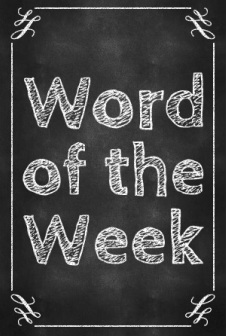
In 1776 David Hume published his Dialogues Concerning Natural Religion (you can read the original text here). In it he considers an argument from analogy that purports to show that the universe was created by an intelligent being. The character Cleanthes claims that the world as a whole is similar to things like clocks. A clock has a variety of interrelated parts that function together in ways that serve ends (telos). The world is also a complex of interrelated parts that function in ways that serve ends, such as providing food for human consumption. Clocks are the result of intelligent design, so, Cleanthes concludes, probably the world as a whole is also the product of intelligent design. Hume’s character Philo (who probably mirrors Hume's on thought on the argument) criticises Cleanthes.
The arguments he puts forward include:
- The world is not very well designed; it is imperfect and finite and this hardly suggests the Judeo-Christian God.
- There is no evidence that the universe needs a designer - it might have come into existence naturally (by making this suggestion he preempts the work of evolutionists such as Darwin and Dawkins)
- The logical outworking of the analogy is to lead to a workshop of Gods (just as watches have many makers) who create this world - again not Monotheism.
- The "order" we see in the world could be the result of chance, especially given enough time for things to sort themselves out.
These criticisms share in common that analogies always break down eventually and are by their nature never airtight. It is possible for things to be very similar in some respects, but quite different in others. A world and a watch do share some characteristics but ultimately not enough for the argument to be very successful in this form.
The big question is why did Paley persist in proposing the Watch Analogy in 1802 when Hume had already done a good job of showing the weaknesses of it in 1774? Had he not read Hume? Did he still think the analogy was a good one? If you know the answer - let me know!
Can you think of any successful analogies in Philosophy? Do others, such as the Analogy of the Cave (Plato) or Analogical Language (Aquinas) work?




 RSS Feed
RSS Feed
